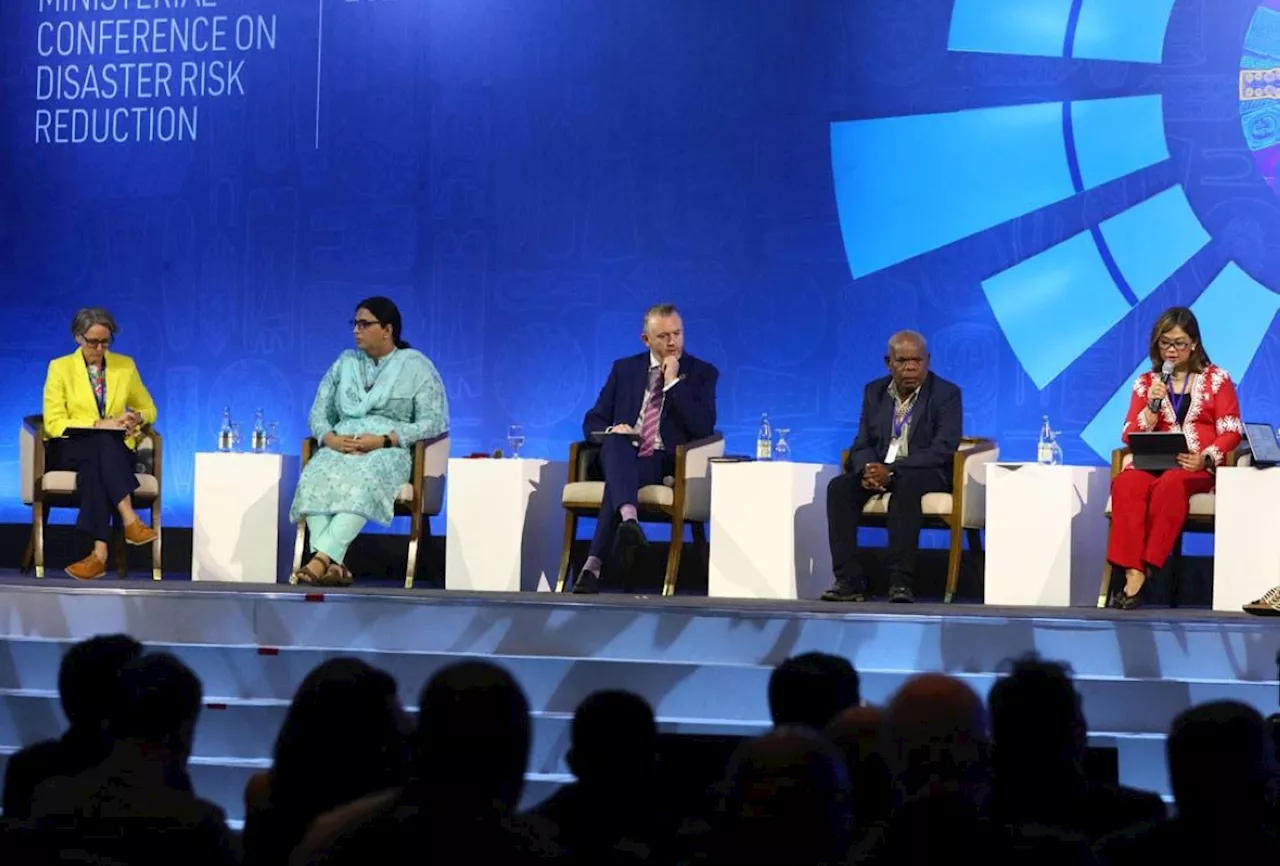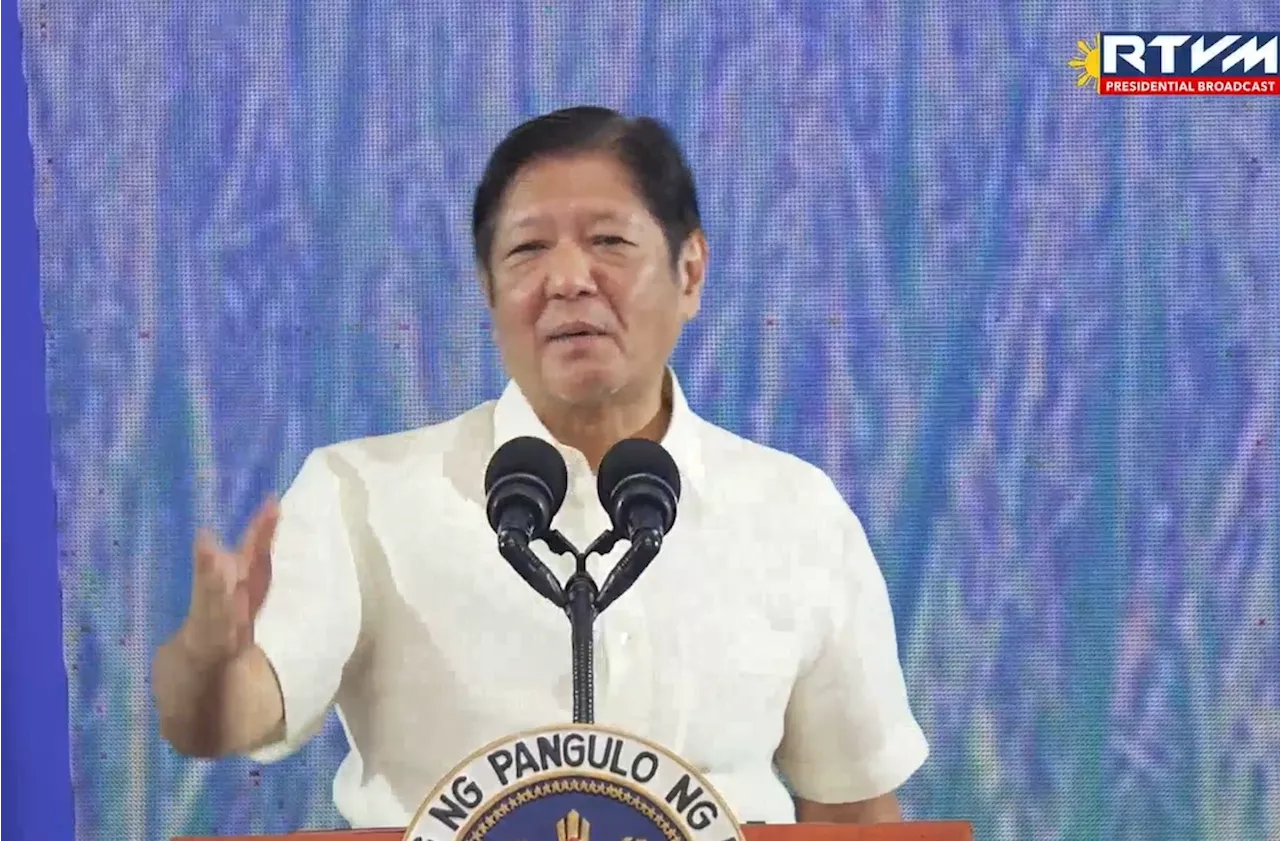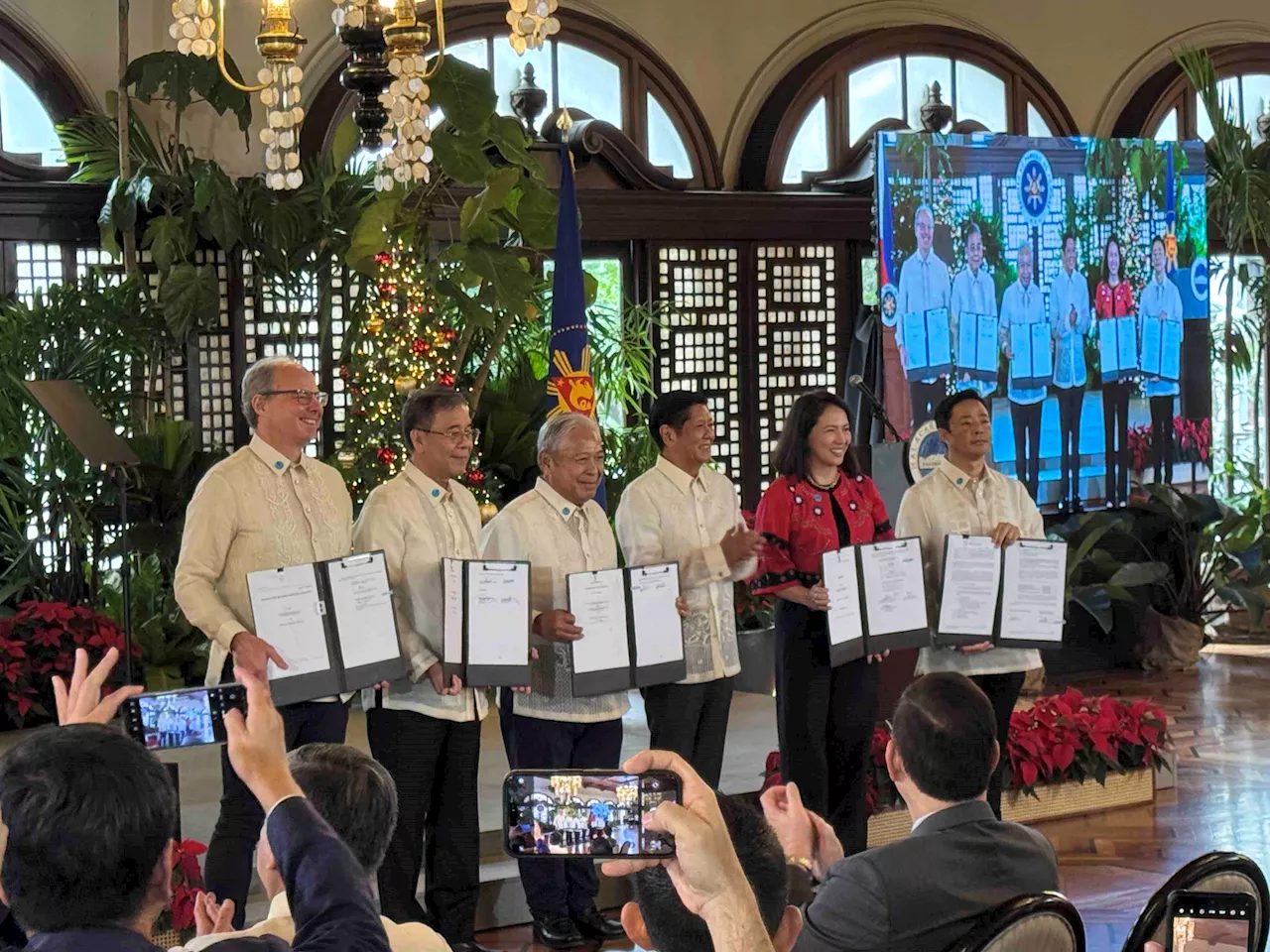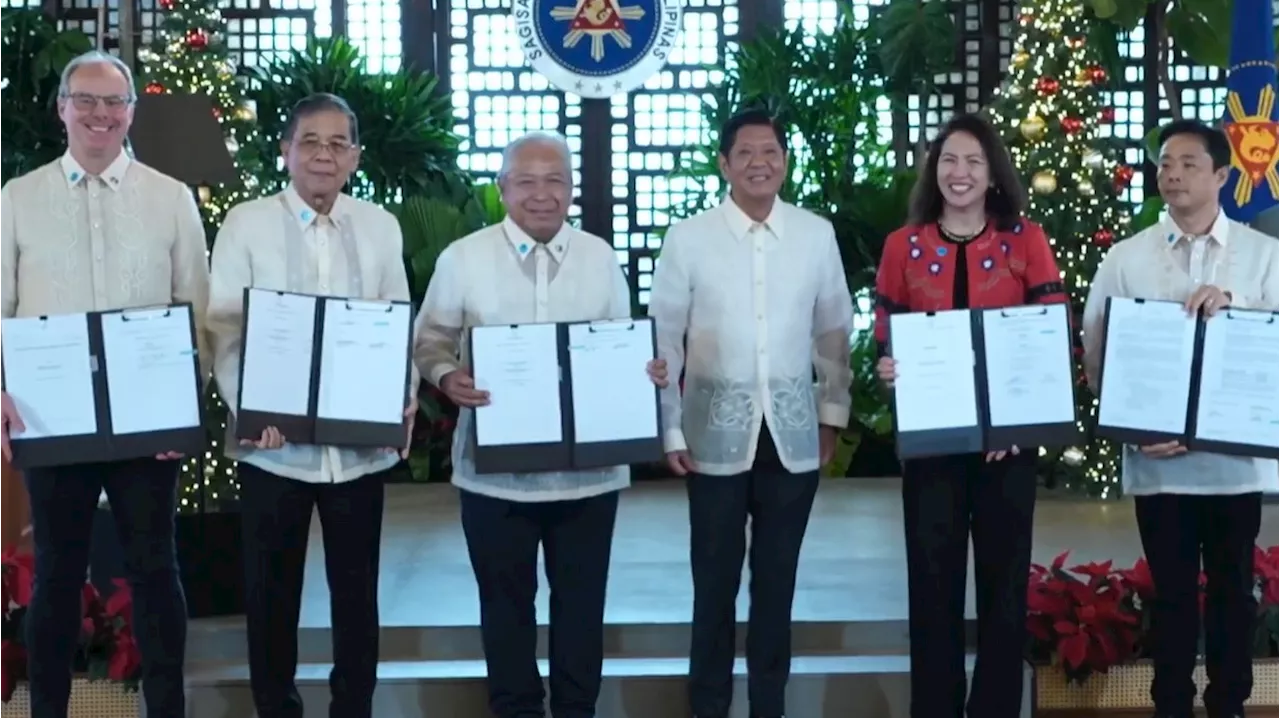President Ferdinand Marcos Jr. has reaffirmed his commitment to infrastructure development as a key driver of economic growth despite vetoing a portion of the Department of Public Works and Highways (DPWH) budget. He aims to maintain infrastructure spending at 5-6% of the GDP and secure lower-interest loans through a better credit rating.
Despite the P26-billion vetoed portion of the budget of the Department of Public Works and Highways ( DPWH ) this year, President Marcos said government infrastructure projects will remain one the main drivers of the country’s economic growth. In his veto message for Republic Act 12116 or the 2025 General Appropriations Act, Marcos said infrastructure spending will be accelerated and be maintained at 5 to 6 percent of the gross domestic product.
‘This will have a multiplier effect on the economy, improve the ease of doing business, and facilitate the creation of more jobs,’ Marcos said. ‘It will also support efforts to modernize agriculture and agribusinesses, promote trade and investments, reinvigorate services, and advance research and development,’ he added.Under the 2025 GAA, the DPWH will have a P1.007 trillion budget this year, which makes infrastructure to have the second highest spending from the government after education. This after the P26 billion allocation for more than 180 public works projects, which are still not ready for implementation, were removed from the 2025 GAA by Marcos through his veto power. Aside from using government revenues, Marcos said the said projects will also be financed through loans. He said his administration is pushing for a better credit rating for the country this year by keeping spending and debt of the government in check so it can secure lower interest loans to ‘support infrastructure development and other growth-enhancing programs and projects.’ Exercising maximum prudence, he said, is necessary to prevent the government from derailing its development agenda. Last Monday, Marcos signed the P 6.326-trillion 2025 GAA, which was lower than the P6.352 trillion under the 2025 National Expenditure Program (NEP). The President vetoed P194-billion worth of line items, including those related to infrastructure, from the proposed 2025 budget for ‘not being consistent with the programmed priorities’ of his administratio
Infrastructure Budget Economy President Marcos DPWH
Philippines Latest News, Philippines Headlines
Similar News:You can also read news stories similar to this one that we have collected from other news sources.
 Marcos vows more climate-resilient infrastructurePRESIDENT Ferdinand Marcos Jr. vowed that his administration would continue to pour resources into developing climate-resilient infrastructure to ensure the safety of communities, especially during calamities.
Marcos vows more climate-resilient infrastructurePRESIDENT Ferdinand Marcos Jr. vowed that his administration would continue to pour resources into developing climate-resilient infrastructure to ensure the safety of communities, especially during calamities.
Read more »
 Senator Marcos Urges DPWH Budget Slash to Prioritize EducationSenator Imee Marcos calls for a reduction in the DPWH budget to ensure compliance with the Constitution's mandate to prioritize education funding.
Senator Marcos Urges DPWH Budget Slash to Prioritize EducationSenator Imee Marcos calls for a reduction in the DPWH budget to ensure compliance with the Constitution's mandate to prioritize education funding.
Read more »
 Marcos to PNP: Prioritize child protection, anti-cybercrime, election securityLatest Philippine news from GMA News and 24 Oras. News, weather updates and livestreaming on Philippine politics, regions, showbiz, lifestyle, science and tech.
Marcos to PNP: Prioritize child protection, anti-cybercrime, election securityLatest Philippine news from GMA News and 24 Oras. News, weather updates and livestreaming on Philippine politics, regions, showbiz, lifestyle, science and tech.
Read more »
 Marcos Pledges Timely Completion of Mindanao Infrastructure Projects by 2028President Ferdinand Marcos Jr. assured the completion of infrastructure projects in Mindanao before his term ends in 2028. These projects include the Tagum City Bypass Road and the Island Garden City of Samal Circumferential Road, aimed at enhancing regional development and prosperity.
Marcos Pledges Timely Completion of Mindanao Infrastructure Projects by 2028President Ferdinand Marcos Jr. assured the completion of infrastructure projects in Mindanao before his term ends in 2028. These projects include the Tagum City Bypass Road and the Island Garden City of Samal Circumferential Road, aimed at enhancing regional development and prosperity.
Read more »
 Marcos Signs Five Infrastructure Projects to Boost Filipino Economy and ConnectivityPresident Ferdinand Marcos Jr. has signed agreements for five major infrastructure projects across the Philippines, aiming to improve transport, create jobs, and stimulate economic growth.
Marcos Signs Five Infrastructure Projects to Boost Filipino Economy and ConnectivityPresident Ferdinand Marcos Jr. has signed agreements for five major infrastructure projects across the Philippines, aiming to improve transport, create jobs, and stimulate economic growth.
Read more »
 Marcos Jr. Witnesses Signing of 5 Infrastructure ProjectsPresident Marcos Jr. oversaw the signing of five agreements for infrastructure projects in the Philippines, including new ports, airports, and a bus rapid transit system.
Marcos Jr. Witnesses Signing of 5 Infrastructure ProjectsPresident Marcos Jr. oversaw the signing of five agreements for infrastructure projects in the Philippines, including new ports, airports, and a bus rapid transit system.
Read more »
